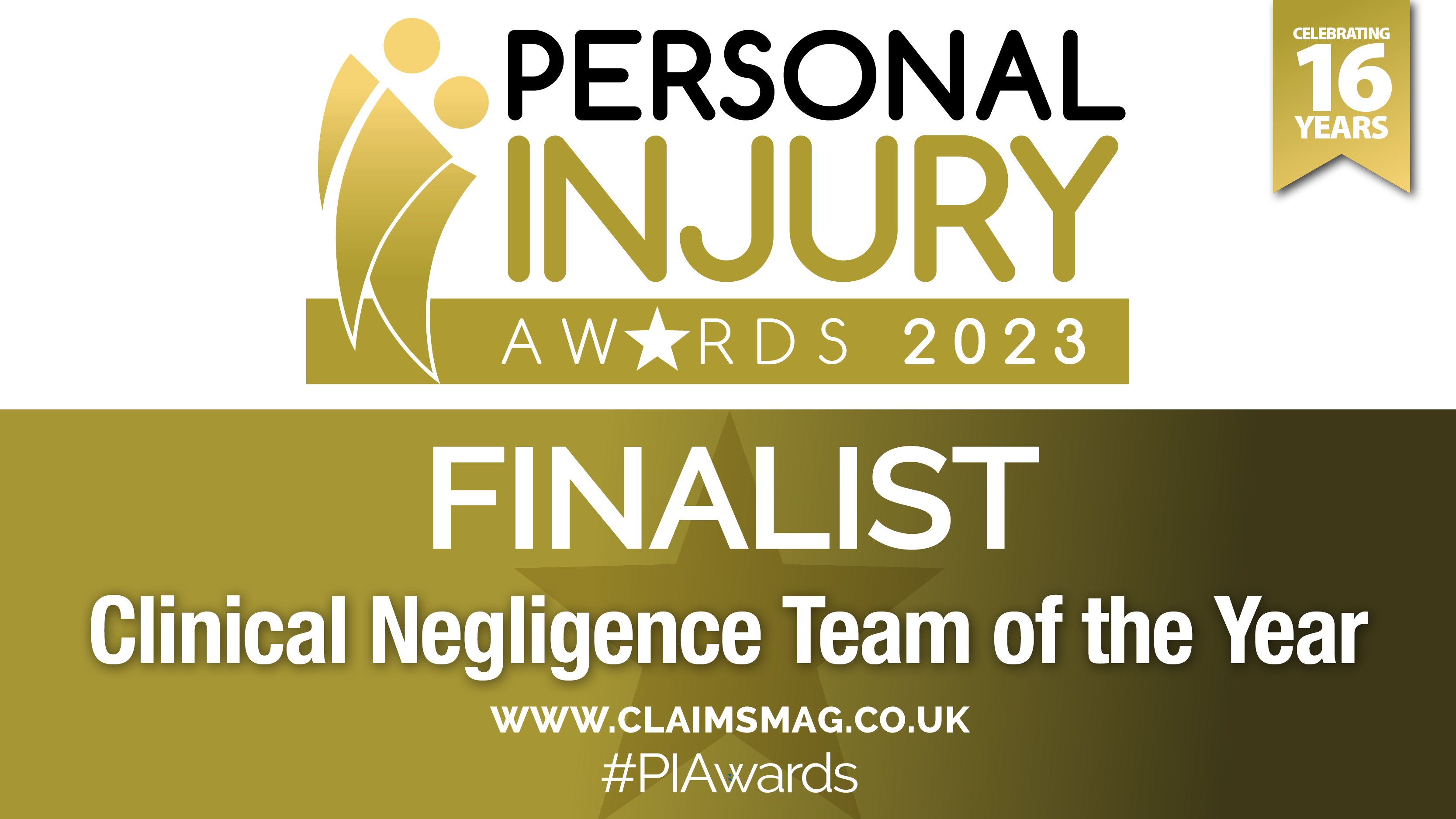Personal
Diabetes Blindness Negligence Claims
SOLVING PERSONAL LEGAL MATTERS

Diabetes can lead to serious health complications, including blindness. At Forbes Solicitors, our solicitors specialise in diabetes blindness claims and provide expert legal guidance to those who have suffered harm as a result of medical negligence. We understand the devastating impact that blindness can have on individuals and their families, and we are committed to securing the compensation that our clients deserve.
What is Diabetes Blindness?
Diabetes blindness, also referred to as Diabetic Retinopathy, is a complication of diabetes that can lead to vision loss and even blindness. It occurs when high blood sugar levels damage the tiny blood vessels in the retina, the light-sensitive layer of tissue at the back of the eye.
Losing some or all of your sight is life-changing and can be very traumatic and challenging to deal with. If you are a diabetic and have received negligent care from medical professionals which resulted in the sight loss, you might be eligible for compensation.
No amount of compensation can bring back your sight, but a successful diabetes blindness negligence claim could help you to move forwards with your life, and bring a sense of justice for what has happened.
Diabetes and blindness
There are links between diabetes and blindness because of a condition called diabetic retinopathy. It is a complication of diabetes that can result in blindness if it isn't diagnosed and treated effectively. Diabetic retinopathy is not a condition that develops quickly; it usually takes several years to progress to the stage of causing blindness.
When diagnosed in its early stages and treated appropriately, loss of vision can usually be minimised or avoided. However, untreated diabetic retinopathy or untreated diabetes can result in blindness in some cases.
If you presented to medical professionals with signs of diabetic retinopathy or told them you are experiencing symptoms of the condition, but they fail to correctly diagnose it and treat it, this may be medical negligence and you might be eligible to claim for compensation.
You might also have a claim if you have a delayed diagnosis of diabetes due to a medical professional's negligence and this means that you lose some or all of your vision.
Diabetes blindness symptoms
There can be various signs of going blind from diabetes due to diabetic retinopathy. However, even before symptoms are experienced, early signs of the condition can be picked up by regular diabetic eye screening, which should be offered to all type 1 and type 2 diabetics. If the condition has advanced to the stage where there are symptoms of blindness from diabetes, these can include:
- Shapes floating in the field of vision, often called floaters
- Blurry vision
- Vision that seems patchy i.e. comes and goes
- Pain in the eyes or redness/inflammation
- Problems seeing in the dark that you didn't use to have
- Any noticeable worsening of vision
Type 1 and type 2 diabetes and blindness
Whether you have type 1 diabetes or type 2 diabetes, diabetic retinopathy is a condition that can develop, so it's important to look out for the signs and also to attend regular screenings, usually annually.
Type 1 diabetes is a genetic condition that usually shows up early in life (childhood) and means that the body's immune system is attacking the cells in your pancreas that produce insulin, causing the pancreas to not work properly. It's not yet known what causes type 1 diabetes and the condition is managed by taking insulin to control the blood sugar levels.
Type 2 diabetes is a condition that can develop over time, which is usually lifestyle related. It can develop when your body doesn't make enough insulin on its own, or your naturally produced insulin stops working as it should. There are risk factors that can mean you're more likely to develop type 2 diabetes, including ethnicity and weight. Some people with type 2 diabetes are treated with insulin, but there are other treatments available that can include modifications to diet and exercise, or with medication.
Contact Us
Get in touch to see how our experts could help you.
Contacting Us
Monday to Friday:
09:00 to 17:00
Saturday and Sunday:
Closed
Frequently asked questions about diabetes blindness
Does diabetes cause blindness?
Diabetes in itself does not cause blindness, but diabetics are at risk of developing diabetic retinopathy, which is a diabetes-related condition that can result in vision loss if it is not diagnosed and treated early enough. Diabetics are usually offered regular screening appointments to help pick up this condition at an early stage.
Can you go blind from diabetes that isn’t properly managed?
While being diabetic in itself doesn't mean that you'll go blind, if someone's diabetes isn't being effectively controlled, having consistently high levels of blood sugar can result in diabetic retinopathy, a condition that can result in vision loss.
Even those with very well-managed diabetes need to be aware of the risks and attend regular eye screening appointments that can pick up any vision problems early.
How does diabetes cause blindness?
If you're diabetic, it means that your body is not able to regulate your blood sugar levels effectively on its own. High blood sugar levels consistently can cause damage to the eye's blood vessels, which provide blood to the retina, which is the seeing part of the eye. Damaging these blood vessels can mean that vision is impaired or even permanently lost.
Do all type 1 diabetics go blind?
While those with diabetes (both type 1 and type 2) have an increased risk of vision problems, it isn't inevitable that they will go blind or suffer vision issues. Diabetic retinopathy is the condition that can develop and cause vision loss, but if it is diagnosed and treated early then severe sight loss can often be prevented.
Can type 2 diabetes cause blindness?
Type 2 diabetics, as with those who have type 1 diabetes, do have a higher risk of vision loss and other complications than those who are not diabetic. This doesn't mean that all type 2 diabetics will have vision problems, but it does mean that diabetics of both types need to be vigilant for signs of sight issues and should attend regular screenings to check their eye health.
What percentage of diabetics go blind?
While there are no official figures available for the UK, it's thought that less than 5% of diabetics experience severe sight loss. There may be many more people with diabetes who do experience other, less severe, vision problems, which is why it's so important to catch any problems early, so effective treatment can be provided to minimise the damage caused.
If you, or someone close to you, has experienced diabetes blindness as a result of medical negligence, we can help to determine whether you are eligible to claim compensation. Get in touch with our specialist team to find out more.
Need more help?
Get in touch to see how our experts could help you.
Our dedicated Clinical Negligence team

Contact Us
If you have a general enquiry then please fill in your details and someone will contact you.
Contacting Us
Monday to Friday: 09:00 to 17:00
Saturday and Sunday: Closed












